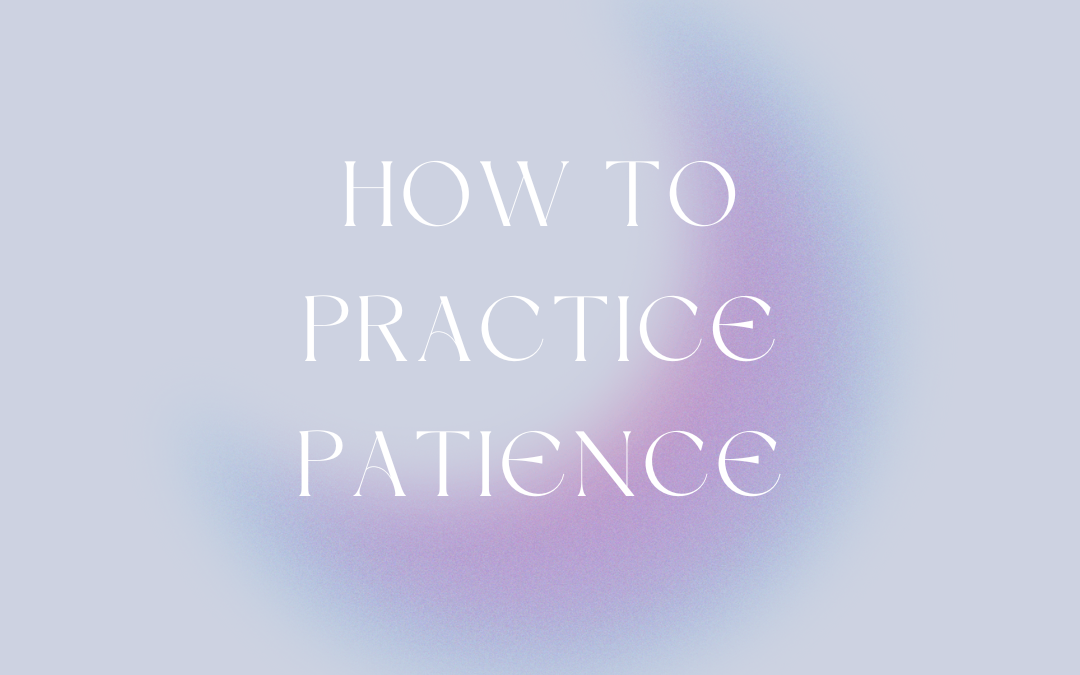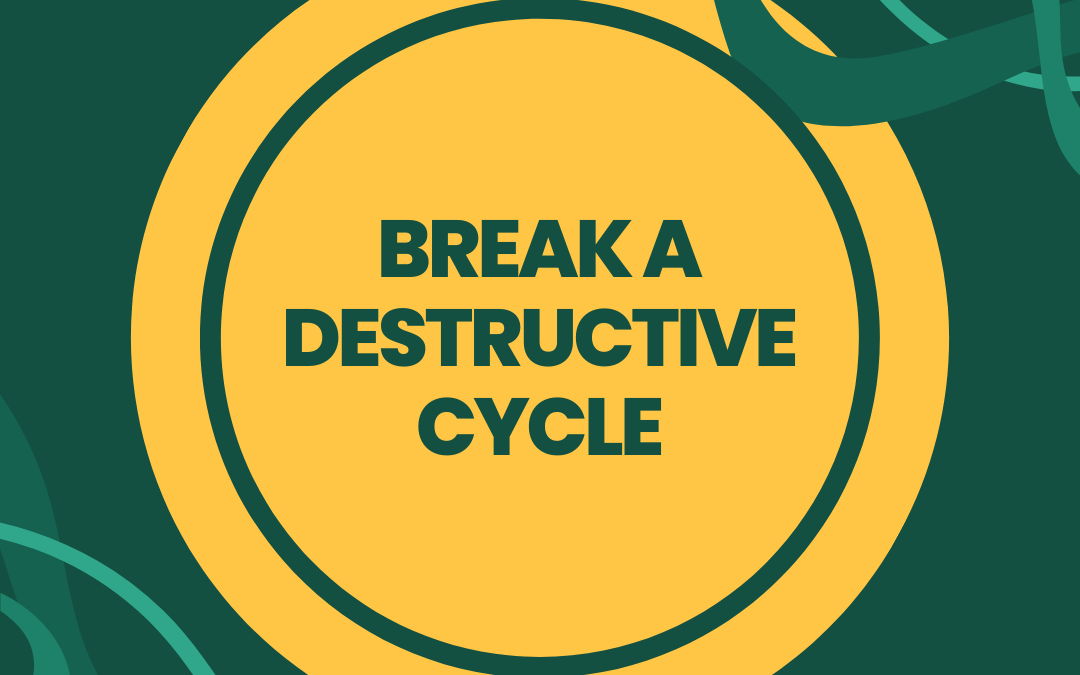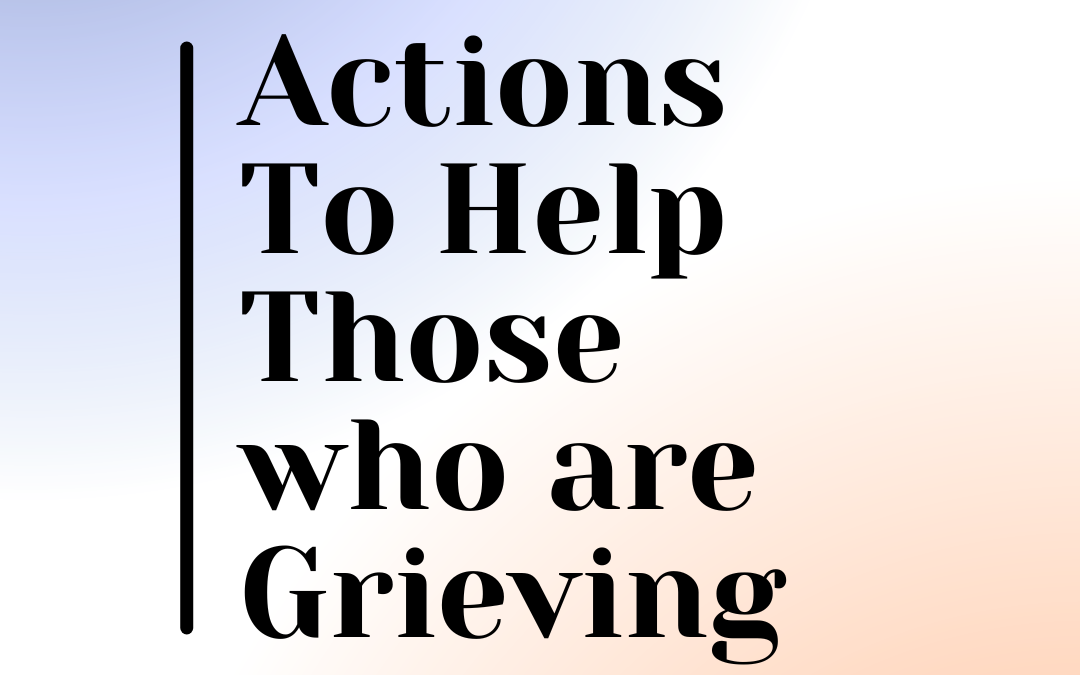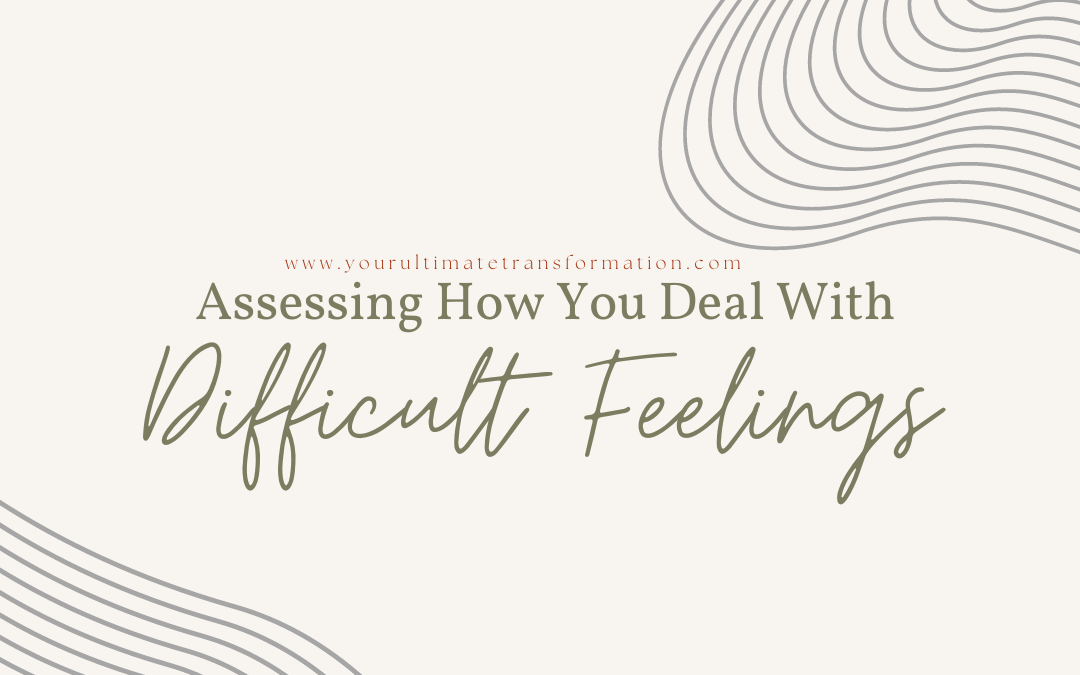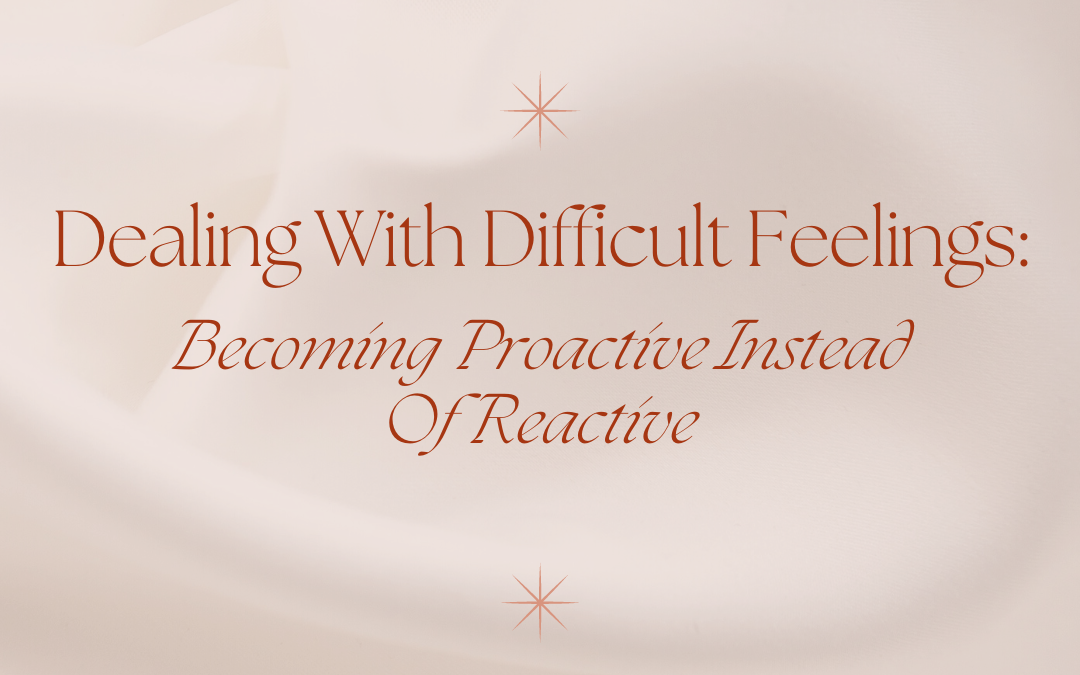We all know the saying “patience is a virtue”. This was ingrained in our heads even as kids. Research has also said that people who practice patience experience fewer negative emotions, are more satisfied, and feel less depressed. Not only that but they also experience better sleep, better skin, lesser headaches; all of which can be symptoms of anxiety.
You can actually do a lot in order to practice patience, and all can be done during our day to day activities.

One way to practice patience is to practice active listening. Don’t just wait for people to finish talking just for you to start talking, but actually listen to what they have to say. Patience is present in that scenario because you took the time to listen and actually hear the person rather than just wait for them to finish. When you just wait for your turn to speak, the other person might feel a bit disconnected to you or feel like you don’t care about what they have to say. This is why patience is such a good quality to have when it comes to maintaining relationships.
Another is to identify what is causing your impatience. We can’t always stop ourselves from being impatient, but we can lessen this by trying to prevent ourselves from getting into situations that may trigger it in the first place. We should figure out what triggers our impatience, may it be situations, people, sounds etc. This way, we’ll know how to avoid them or if we can’t avoid them, we’ll know how to be prepared for them.
One of the most important ones is to take breaks. Sometimes time management isn’t enough and doesn’t really help with you feeling overwhelmed and in a rush. This is an opportune moment for you to take a breather. Give yourself time to rest and decompress. Your output will become less rushed and you’ll have lesser chances of being impatient with your progress.
All in all, you get to practice patience in almost every aspect of your life. Take the time to maintain and improve your patience and you’ll eventually see how positively it affects your well-being, your relationships, even your work/studies. This is an important quality to master and luckily, you have your entire life to practice it.
QUESTIONS TO REFLECT ON:
Thinking
- Do you actively think of things you can do to practice patience?
- Do you think of the positive things about your life that help you with patience?
- Do you seek out plans and situations that gravitate towards patience?
Talk – New Language
- Do you tell yourself that you are in control of your emotions and your life?
- Do you enumerate all the things that you love about yourself and all the things that help you when it comes to patience?
Behaviour
- Do you actively seek out behavior that allow for patience?
- Do you focus on behaviors that you know will cultivate patience?
Relationships & Contribution
- Do you actively try and be patient with others ?
